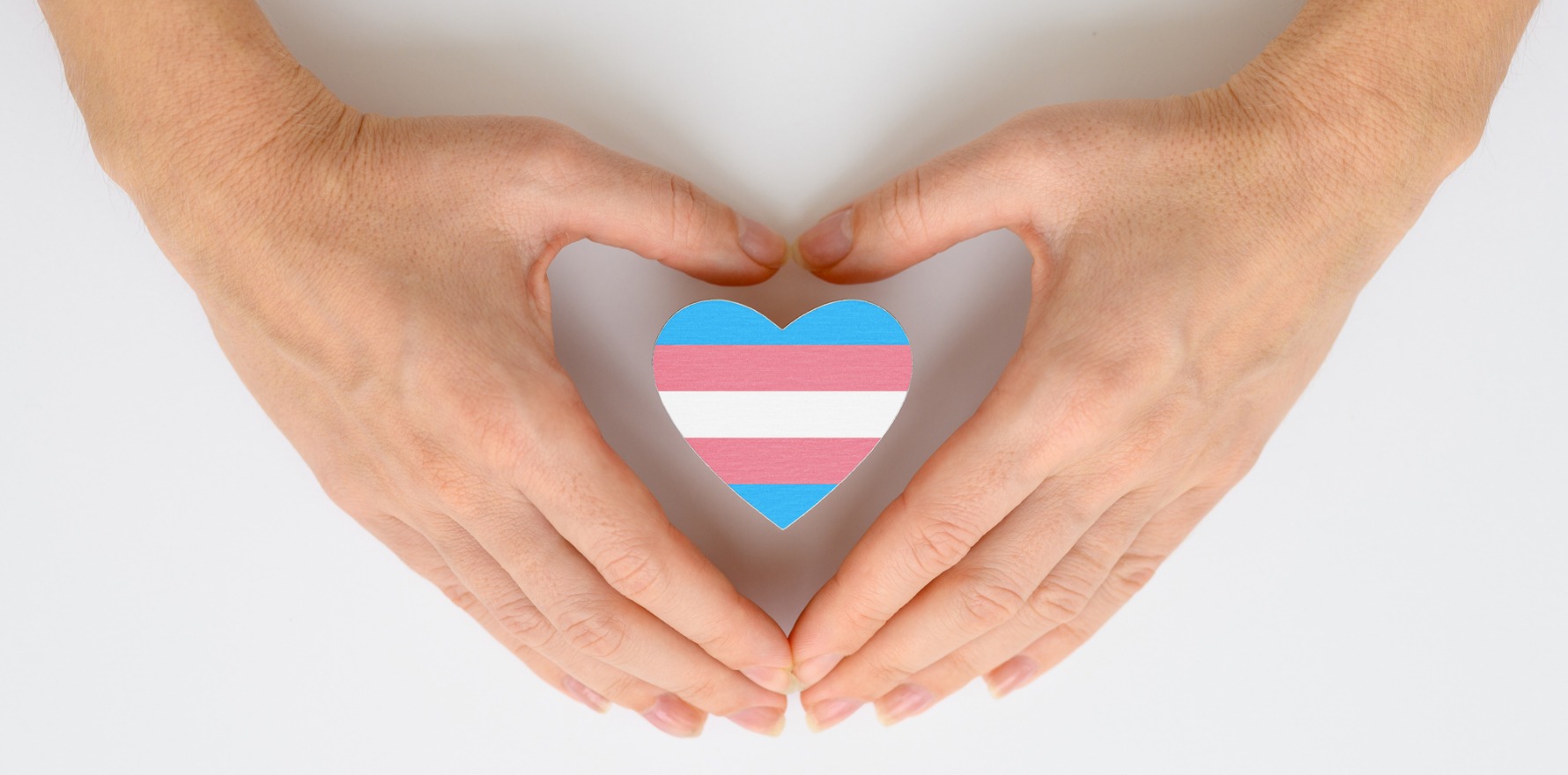This update from 2011 standards of care officially embraces the gender-affirming approach.
Updated guidelines from the World Professional Association for Transgender Health (WPATH) have validated the Australian approach, with Sydney GPs getting a special mention.
The long-awaited eighth version of the WPATH standards of care specifies Tanner Stage 2 – the first sign of puberty – as the right time to initiate puberty blockers, rather than a fixed age, which Australian guidelines have recommended since 2018.
Released last month, the new standards include expanded chapters on treating young people, including an in-depth discussion on the safety of puberty blockers.
The last updates to the guidelines were in 2011 and marked the first steps away from a “narrow focus on psychological requirements” for diagnosing and alleviating gender dysphoria toward holistic gender-affirming care.
The WPATH guidelines continue to explicitly recommend the use of puberty blockers in eligible transgender adolescents.
The 2011 guidelines didn’t recommend a specific age, other than at “onset of puberty”, whereas the new standards specify Tanner Stage 2 and specifically do not recommend initiating gonadotropin-releasing hormone agonists at Tanner Stage 1 or earlier.
“Because of the wide variability in the timing of the start of puberty… it is hard to justify using a [puberty blocker] that might have some unknown risk if there’s no physiological benefit before pubertal onset,” the guidelines said.
WPATH also recommended puberty blockers for adolescents at Tanner Stage 3 or beyond who are unsure about sex steroid hormone therapy.
There is relatively little research looking at the safety and efficacy of puberty blockers in transgender youth, although studies are ongoing.
“Treatment with [gonadotropin-releasing hormone agonists] also has therapeutic benefit since it often results in a vast reduction in the level of distress stemming from physical changes that occur when endogenous puberty begins,” the guidelines said.
“For those prepubertal [trans and gender diverse] children who have been persistent in their gender identity, any amount of permanent development of secondary sex characteristics could result in significant distress.”
The use of puberty blockers is at the centre of the criticism around the UK’s Tavistock Centre, which was ordered to cease operations earlier this year.
The protocol for prescribing puberty blockers in Australia is markedly different from the UK process, which was not in keeping with international standard practice.
WPATH maintains that the drugs are safe for use, with the development of hypertension being the only known short-term adverse event.
“The use of [puberty blockers] in individuals with central precocious puberty is regarded as both safe and effective, with no known long-term adverse effects,” the guidelines read.
“Nonetheless, data from adolescents prescribed [the drugs] in a similar dose and fashion demonstrate effectiveness in delaying the onset of puberty although the long-term effects on bone mass have not been well established.”
Australian GPs get a shout-out in the WPATH chapter on primary care, with the organisation noting that gender transition services have been provided safely and effectively via primary care in just a few diverse cities around the world, one of which was Sydney.
The Australian Professional Association for Transgender Health (AusPATH) has its own endorsed standards of care and treatment guidelines, published in 2018.
AusPATH president Dr Clara Tuck Meng Soo, a GP in Canberra, said the organisation was currently seeking feedback on the WPATH guidelines from members.
She said that there was “a lot of overlap” between the two sets of guidelines.
“From the bits that I’ve read and from the comments that have come up, I don’t think there’ll be a major discrepancy between see what we recommend in terms of hormone treatment,” Dr Tuck Meng Soo told The Medical Republic.
“But there may be some areas that we will maybe raise some concern about.”
Dr Tuck Meng Soo said gender-affirming care for children was a relatively new field, but had been developing very quickly.
“It’s an area that’s also being contested culturally … it attracts quite a lot of controversy,” she said.
“On one hand, I think that we need to actually see what evidence is new and use evidence to try and guide what we do.
“But on the other hand, I think we also need to do what we can to support our community.”





